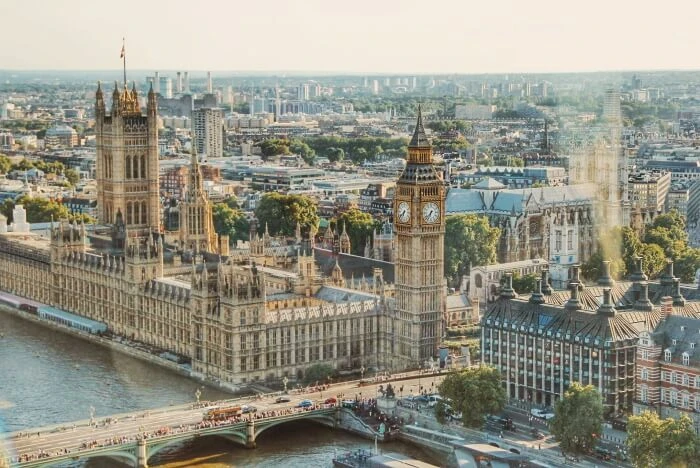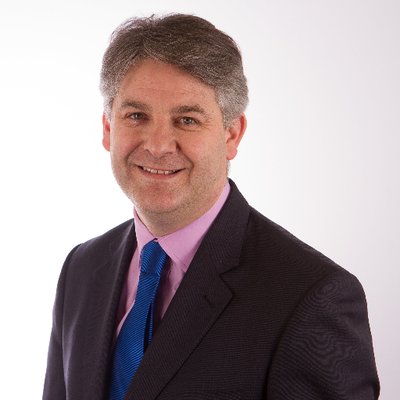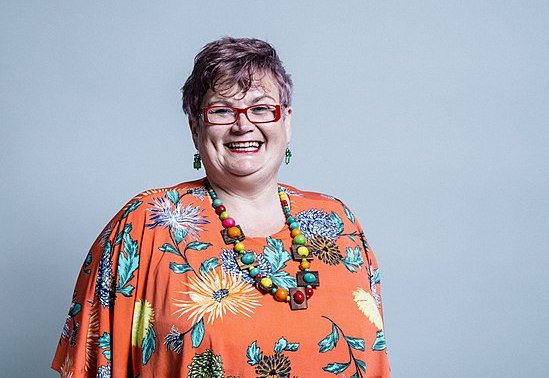Affordability checks debate: Proposals “completely unacceptable”, says Davies

The debate took place yesterday (26 February), after a petition on the matter registered by Jockey Club chief executive Nevin Truesdale reached the 100,000 signature-threshold in November. This is the amount of signatures needed for parliamentary debate.
Weighing in on the debate, Davies – who formerly chaired the All-Party Parliamentary Group on Betting and Gaming – said that he was representing two groups in particular.

“Let me make it clear at the outset that I am speaking up for two groups today. One is the horse racing industry, but first and foremost I am speaking up for punters. The people who have been largely ignored in this long-running debate and tug-of-war over affordability checks,” he explained.
“They often get caught up in the crossfire of the arguments between the well-funded betting industry and the well-funded anti-gambling campaigners.”
Davies acknowledged that encouraging players to only bet what they can afford is not a controversial opinion.
“However, what the government and the Gambling Commission are proposing is completely unacceptable,” he added.
“It is unacceptable that the government, the Gambling Commission and the bookmakers will basically, between them, decide how much each individual punter can afford to spend on their betting and the punter gets virtually no say whatsoever.”
Davies defends horseracing industry
Davies continued by honing in on the origin of the debate – the potential effect of affordability checks on the horse racing industry. He stated that British racing is the largest spectator sport in the UK, behind football, and brings in “a huge amount” of foreign investment.
“The wonderful sport of horse racing derives much of its income from the gambling industry. So the more people go to the black market, the less money there is for the sport of horse racing,” Davies continued.
“The government cannot possibly allow themselves to introduce measures, however well meaning, that will have a devastating effect on this great sport.”
Concerns for the racing industry in the shadow of affordability checks have generated much discussion. In October last year, Lord Lipsey, Labour Party peer and chair of Premier Greyhound racing, spoke out against affordability checks and their potential effect on greyhound racing. Lipsey had said that checks on high-spend customers would damage greyhound racing.

In the same month, gambling harm prevention charity GamCare expressed support for affordability checks, but questioned threshold levels for the checks. The charity said this could mean that players could lose significant amounts of money before checks are implemented.
Carolyn Harris focuses on checks for high-spenders
In response to Davies, Carolyn Harris MP spoke about the potential positive impact affordability checks could have on the vulnerable, if implemented in the right way.
Harris noted that, according to the Commission, 22.5 million people in the UK gamble. This equates to around 44% of the population.
The use of the 44% statistic however, does not confirm the definition of what “gamble” equates to. This has proven to be a major debating issue given there is a stark difference between a bet every few years on the Grand National and regular activity.
She also added that the Commission and the government hold responsibility for those who suffer from gambling harm.
“The overwhelming majority [gamble] without any issue, but not everyone,” Harris stated. “When it comes to those for whom gambling is an addiction, the Gambling Commission and the government have a duty to act responsibly and protect them from harm.”
Harris also emphasised that she is not anti-gambling. “I am very fond of visiting the racetrack, as I am the bingo hall,” she continued. “I want to protect vulnerable people.”
She explained that the most “logical way forward” would be to implement affordability checks on those “gambling larger sums”.
“Those would not stop anyone who can afford it betting as much as they choose, but it would stop those who cannot.”
Where do we go from here?
Understandably, and potentially the positive that can be taken from the debate, is the hopeful realisation that racing could be treated separately to “games of chance” given the impact it will have on the British economy.
The big question now, is what can be seen as actionable in terms of next steps, and whether yesterday’s debate (and the support shown by MPs) will have any meaningful impact on changing policy.
At the time of writing, iGB has requested comment from the Commission, but is yet to receive any information.
The Commission has also regularly dismissed fears of the black market as “overstated”, a worrying trend given the mounting evidence in Germany that over-regulation severely handicaps regulated operators.
Worryingly, and as we saw in yesterday’s debate, there also still seems to be a lack of understanding as to how the funding of racing would be impacted by a reduction in regulated online gambling.
While it is common knowledge to many in the UK industry that racing is funded via the statutory levy, this knowledge did not seem to be evident during yesterday’s debate.
By far, affordability checks have been the most controversial aspect of the Gambling Act review white paper since its release almost a year ago. They have also become a stand-out element of the review’s subsequent consultations.
Industry reaction
Melanie Ellis, partner at Northridge law, says that the debate naturally skewed towards the horseracing industry as “many of the MPs speaking in the debate represented constituencies where horseracing is a key employer”.
She adds that there looked to be a lack of understanding on how the proposed affordability checks will differ from checks already in place.
“In reality, many licensed operators are conducting detailed affordability assessments at lower triggers than the proposed enhanced assessments at £1,000 in a 24 hour period or £2,000 in a 90 day period, because they rightly fear the Gambling Commission will fine them or even revoke their licence if they do not,” she explained.
Ultimately, frictionless early checks and defined triggers for further checks are an enhancement on the industry’s current circumstances, Ellis concludes.
“Regardless of the views of the government, the Commission will continue to expect operators to take action in response to evidence of vulnerability or unaffordable gambling,” she says. “As such, my view is that the proposal for frictionless early checks and defined triggers for enhanced checks represent an improvement on the current situation for customers, operators and indeed the horseracing industry.”
